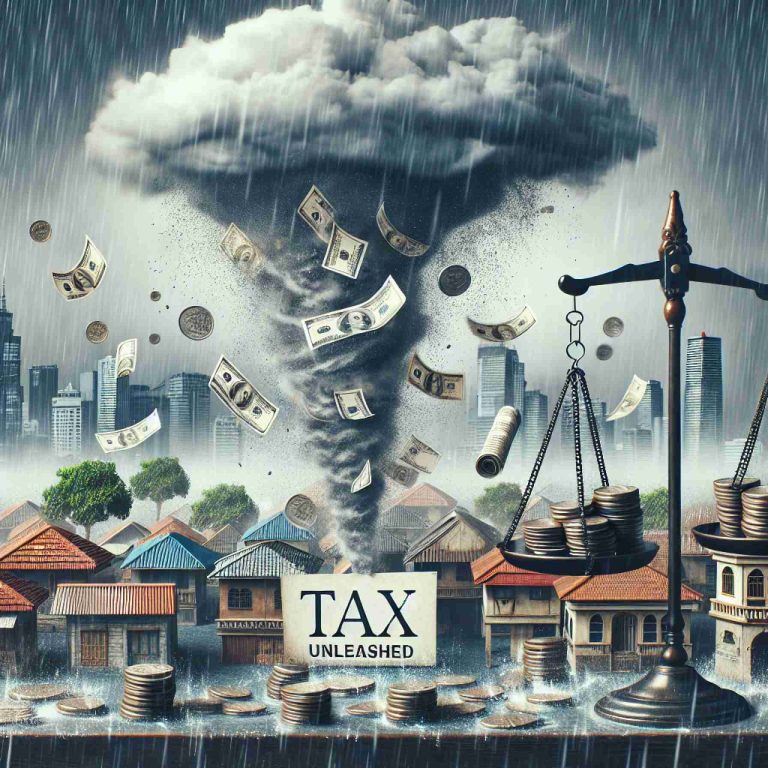Fiscal Policy
Fiscal policy refers to the use of government spending and taxation to influence the economy. It involves changes in government revenues (through taxes) and expenditures (through spending on public services, infrastructure, and other areas) to achieve macroeconomic objectives, such as controlling inflation, fostering economic growth, and reducing unemployment.
Fiscal policy can be classified into two types: expansionary and contractionary. Expansionary fiscal policy involves increasing government spending or cutting taxes to stimulate economic growth, especially during periods of recession. Conversely, contractionary fiscal policy involves decreasing government spending or increasing taxes to cool down an overheating economy and curb inflation.
The effectiveness of fiscal policy can depend on various factors, including the state of the economy, the existing fiscal framework, and the responsiveness of consumers and businesses to changes in taxation and government spending. Fiscal policy is a crucial tool for managing economic stability and is often implemented alongside monetary policy, which involves managing interest rates and money supply by a central bank.






